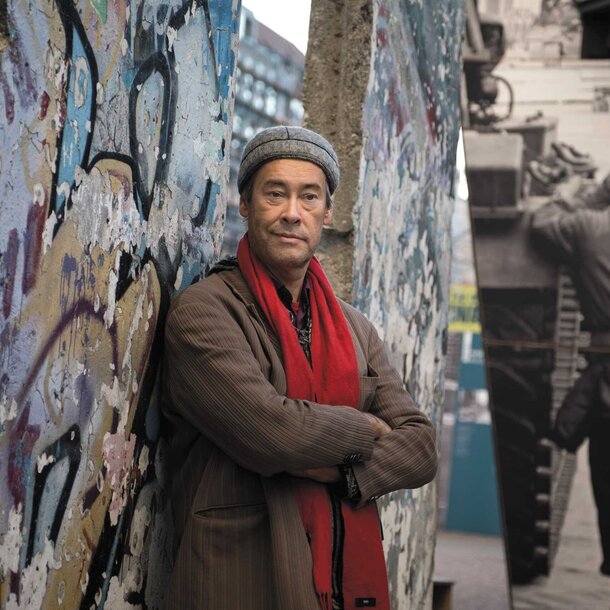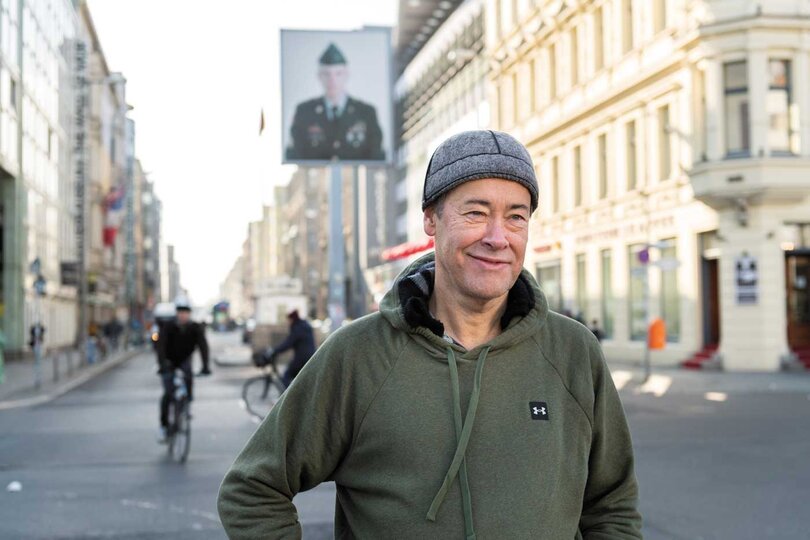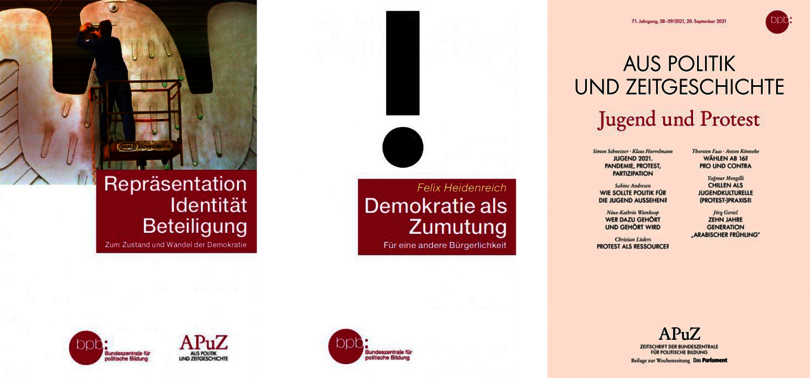How and in which ways can young people get involved in political decision-making processes and developments?
Thomas Krüger: There are various ways of doing this. In every federal state where voting is permitted at local government level from age 16, young people are a significant part of the electorate and help shape our democratic society. Experiencing this at a young age is extremely important because it makes young people realise that their vote matters. People who vote in their first election learn to understand the democratic process and are more likely to exercise their right to vote later on in life.
Beyond that, there are a growing number of opportunities for people to get involved in democratic settings at local level, as proven by over 500 local children’s and youth parliaments and almost 300 youth forums that now exist. But young people also find their own way, outside the institution route, to participate in democratic life, by showing personal initiative and organising demonstrations, for example.
Plus of course, there are more informal roles, like being youth chair of a music club, a school representative or on the committee of a sports club. These are all central settings in the lives of young people, and therefore places of democratic coexistence where young people’s voices are heard and participation is actively practiced.


